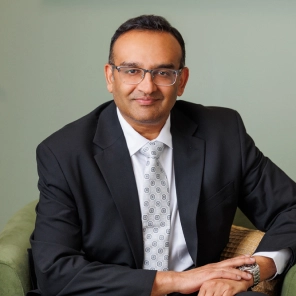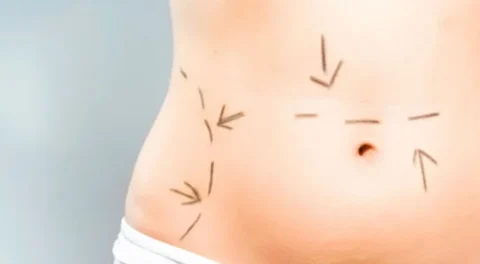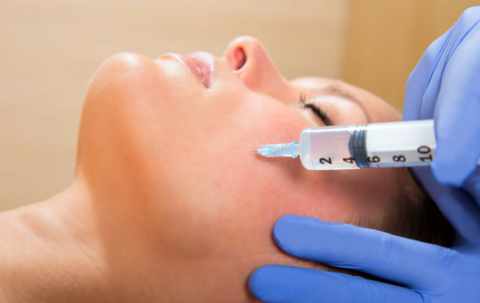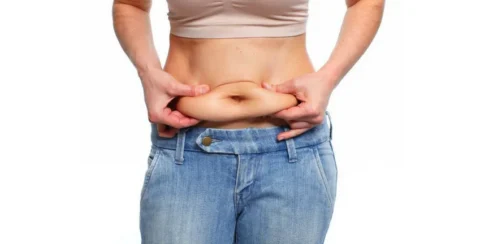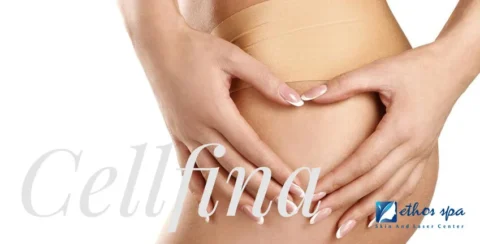How do I prepare for a fat transfer procedure?
Your surgeon will provide with preoperative instructions, answer any questions you may have, take a detailed medical history, and perform a physical exam to determine your fitness for this procedure.
- Your surgeon may take pre-procedure photos.
- Hydration is very important before and after surgery for safe recovery and the best outcomes.
In advance of your procedure, your surgeon will ask you to:
- Stop smoking at least six weeks before the procedure. This is to avoid poor wound healing and scarring.
- Please avoid taking aspirin, anti-inflammatory medications such as, NSAIDs: Advil, Motrin, Aleve
- Arrange to have someone drive you home after surgery and stay with you for 24 hours unless you and your surgeon have decided on other postoperative recovery options.
What can I expect on the day of fat transfer?
- The amount of time your procedure takes depends on how much fat is removed and the number of liposuction sites.
- You will receive medications to make you as comfortable as possible. A lot of the time, local anesthesia and intravenous sedation are used for patients undergoing fat transfer, however general anesthesia is sometimes beneficial.
- Different monitors are used to check your heart, pulse, blood pressure and the amount of oxygen circulating in your blood, for your safety during the operation.
- Your surgeon will follow the surgical plan discussed with you before your fat grafting procedure. Once the procedure has started, your surgeon may decide to combine different techniques or change a technique to ensure the best result. It is important that you trust your doctor to make these decisions.
- After your procedure, you will be taken into a recovery area, where you will be closely monitored.
- You will probably be allowed to go home after a short observation period.
